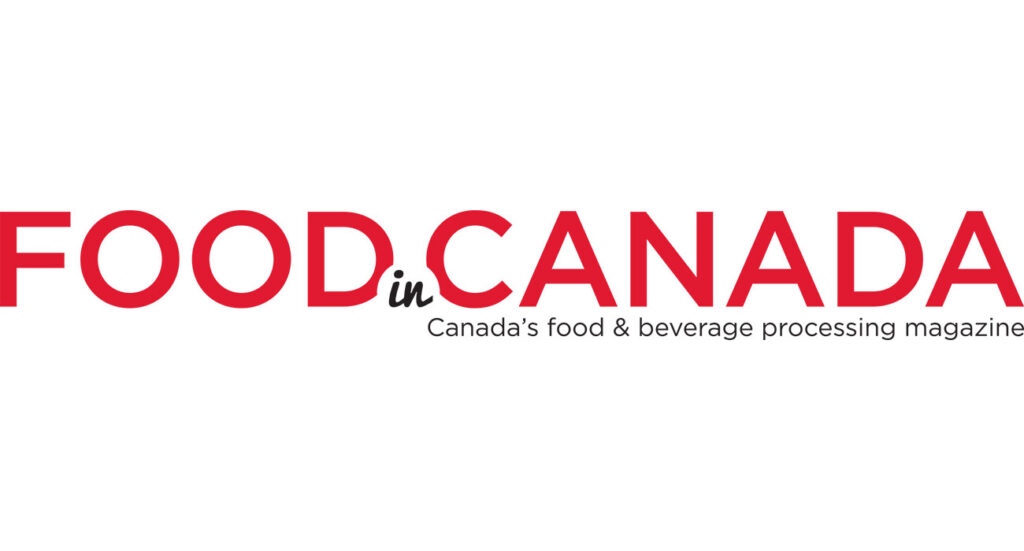Urgent action needed to boost competitiveness in Canada’s agri-food sector: Report

The Agri-Food Analytics Lab at Dalhousie University recently released the Global Agri-Food Most Influential Nations Ranking. Commissioned professional services firm MNP, this report evaluates the competitiveness of G20 nations in the global food and beverage sector, positioning Canada at 13th overall.
Canada’s placement in the Moderate Performance tier underscores its challenges in innovation, policy co-ordination, and value-added processing. While recognized as one of the most food-secure nations globally, Canada trails behind top-performing countries like the United States, Japan, and Germany due to gaps in its national food strategy, research funding, and support for small businesses.
Matt MacDonald, national leader for food & beverage processing at MNP, said, “Canada’s ranking reflects its potential, but also the need for urgent action. By focusing on innovation and streamlining regulatory processes, we can transform challenges into opportunities to cement our leadership in the global agri-food sector.”
The report identifies three key areas for improvement:
- Support for entrepreneurs: Small businesses face significant hurdles due to complex regulatory frameworks, reducing their ability to scale and innovate.
- National food strategy: Canada lacks a cohesive food policy, limiting its ability to address food security challenges and capitalize on its agricultural strengths.
- Innovation and R&D: Insufficient investment in research and development hampers advancements in agri-tech, sustainability, and value-added processing.
Dr. Sylvain Charlebois, director of the Agri-Food Analytics Lab, emphasized, “Canada’s agri-food sector has immense promise, but to climb the rankings, we need to align resources with a clear strategic vision. Innovation, transparency, and investment in our entrepreneurial ecosystem will be key drivers.”
Key findings of the report include:
- Food security leadership: Canada ranks among the highest globally for food security, bolstered by its advanced agricultural technologies and natural resources.
- Trade challenges: Despite a significant agricultural trade surplus, Canada’s exports remain heavily focused on raw materials, missing opportunities to capture greater economic value through processing.
- Logistics and geography: The country’s vast landscape and high transportation costs hinder competitiveness, necessitating investment in infrastructure and supply chain modernization.
To improve its ranking and secure its global influence, the report recommends:
- supporting small businesses by simplifying regulations and ensuring fair market practices under the new Grocery Code of Conduct;
- developing and implementing a unified national food strategy; and
- increasing funding for R&D to foster innovation in sustainability and agri-tech.
This report, the first to assess G20 nations’ agri-food competitiveness on a three-tier scale, offers critical insights for policymakers, industry leaders, and researchers. By addressing the identified gaps, Canada can leverage its strengths to secure a leadership position in global agri-food markets.
Source: www.foodincanada.com

